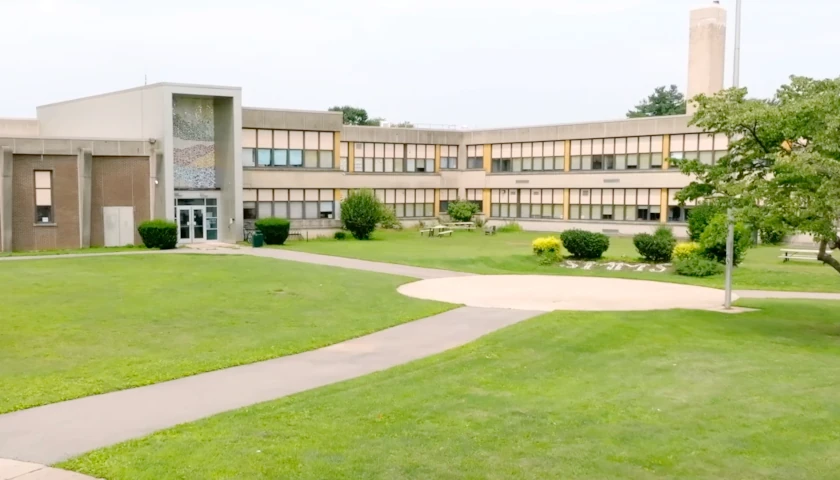by Anthony Hennen
Recent state audits have called attention to some Pennsylvania school districts’ lackadaisical controls that have made auditing how tens of millions of dollars were spent impossible.
The audits do not suggest any illegal activity, but poor compliance measures can hide how taxpayer dollars are being wasted or improperly spent.
A May performance audit of Allentown City School District reported $8.5 million in transportation reimbursements that was “unauditable” over a four-year period.
“Allentown City School District (District) did not implement an adequate internal control system over the input, calculation, and reporting of regular transportation data,” the report noted.
The reimbursements cover transportation costs based on the number of students, the number of days vehicles were used, and the number of miles that vehicles are used with and without students. For Allentown, the district reported student numbers rose while vehicle numbers fell in 2016-17 to 2017-18. Then, from 2018-19 to 2019-20, students transported fell significantly while vehicles and reimbursements jumped significantly.
“Based on past accumulative experience, reported information of an inconsistent nature like this indicates possible errors and, therefore, warrants a detailed review of the reported information,” the report noted.
The lack of documentation, however, makes such a review impossible.
District workers who were responsible for calculating and reporting transportation data were also not adequately trained on the Pennsylvania Department of Education’s reporting requirements. Furthermore, the district did not have an adequate review process of the data it received from the contractor that provided transportation services, the report said.
In response to the auditor’s report, the district said it would enhance internal controls to review and verify the transportation data and provide “periodic training” on PDE reporting requirements.
A previous audit in 2016 noted similar issues with the Allentown school district when it was overpaid by $1.76 million for transportation reimbursements pertaining to nonpublic and charter school students.
Similarly, another May performance audit for Chichester School District noted $1.98 million in transportation reimbursements were also “unauditable.”
“Even though we were unable to audit the reported data, a cursory review of the reported data showed potential irregularities that warranted further review,” the report noted. Chichester had a significant drop in transportation reimbursements, from $792,000 in 2016-17 to about $300,000 in 2017-18. The district relied on transportation software to calculate the data instead of reviewing documentation.
It also lacked documentation to explain a reimbursement tied to a PennDOT hazardous walking route. “The inconsistencies in the amount of reimbursements received, as well as the lack of documentation from PennDOT, would indicate that reporting errors most likely occurred.”
The auditor, however, couldn’t determine the scope of the error or the monetary effect due to a lack of documentation.
These recurring issues with internal controls and documentation for transportation funds is not exactly rare. A February press release from Auditor General Timothy DeFoor noted five other school districts that led to overpayments and underpayments, and $11.4 million in transportation funds that could not be audited.
“Internal controls are practices and processes that help make sure school districts are correctly managing their finances and operations,” DeFoor said. “They provide accountability for how tax dollars are spent and using these essential safeguards can help to prevent waste.”
– – –
Anthony Hennen is a reporter for The Center Square. Previously, he worked for Philadelphia Weekly and the James G. Martin Center for Academic Renewal. He is managing editor of Expatalachians, a journalism project focused on the Appalachian region.





